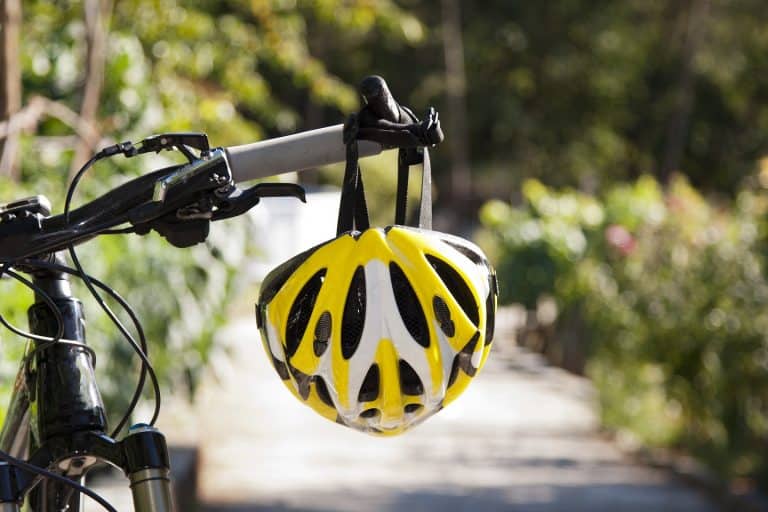Looking after the Carers
The coronavirus crisis has drastically changed the way we live. We have all had to adjust to new ways of working, socialising and living. As a father of a two year old I am still working out how best to juggle working from home and looking after my energetic bundle of joy. Life has suddenly become much more complicated.
What if you had to look after another person as well as yourself and your family? How complicated have things now become? That is the reality for the estimated 8.8 million adult carers in the UK. Being a carer is stressful enough without now having to worry about work and adhering to social distancing guidelines. According to a survey by Carers UK in 2018 people providing high levels of care are twice as likely to be permanently sick or disabled; and 8 in 10 people caring for loved ones say they have felt lonely or socially isolated.
Brain injured people face a unique set of difficulties in the current crisis, which their carers must learn how to deal with. Brain injuries can result in loss of executive function and inhibition, which may make it harder to stick with social distancing guidelines. Carers may have to deal with the added stress of managing someone who is less able to hold back from going outside, approaching people, touching things and their face. Brain injured people obtain a great deal of stability from routine and certainty. Both of these things have been turned upside down, which carers have to manage.
Being a carer was demanding before coronavirus and now it is even more challenging. At a time when everyone is feeling isolated this can lead to a great burden on people who care for those with a brain injury or any other condition. Respite care is needed.
For carers who look after brain injured people information and support is available from brain injury charities such as Headway and Silverlining.
Charities such as Carers Trust and Carers UK offer help and advice to all carers. Carers UK provides useful updated coronavirus guidance for carers, with practical tips such as how to make contingency plan. The UK government guidance for unpaid carers provides advice on a range of issues including: looking after your own health, accessing alternative care if you are unable to provide care and what you should do if you have symptoms.
For those in London the Carers Network is full of useful information and resources for carers.
Carers save the economy £132 billion per year. Carers provide a valuable service to society. Let’s not forget about them during this crisis.










